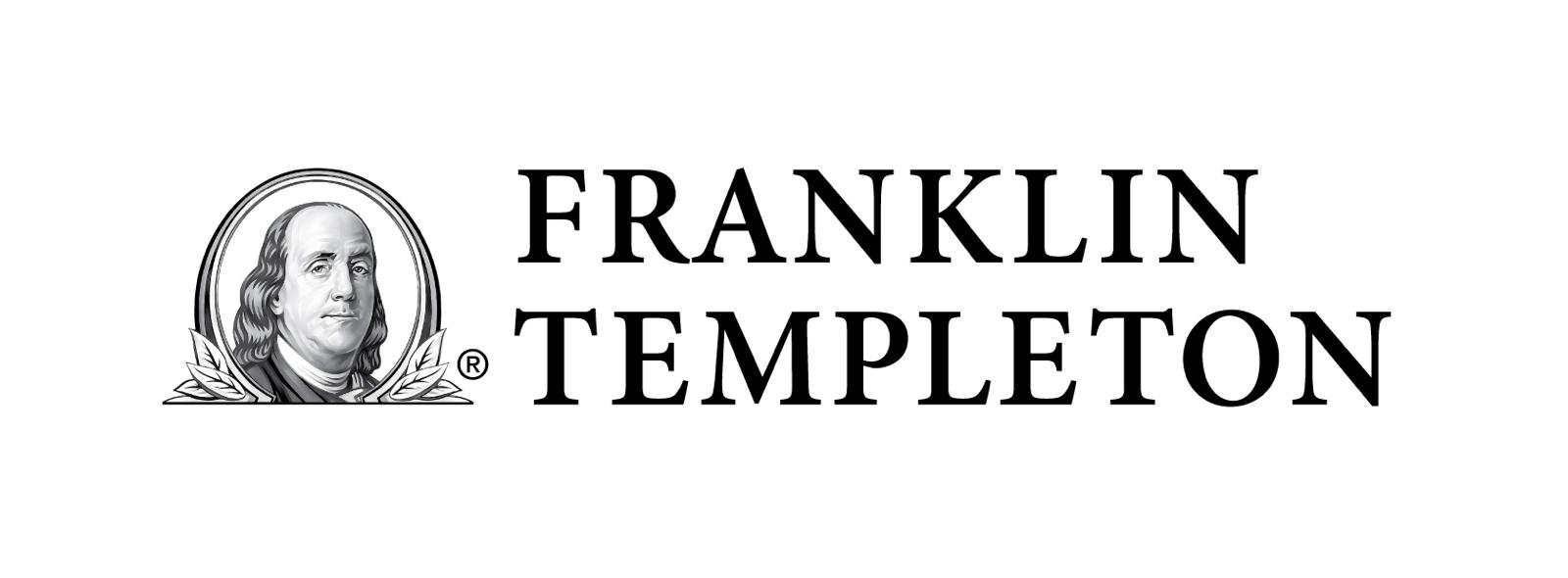News
Michael Hasenstab, Ph.D.
Chief Investment Officer, Templeton Global Macro

Thailand October 26, 2020 – After a surge of summer optimism, global financial markets have appeared to cool with the arrival of fall. Risk- asset rallies in the United States and Europe have recently shown signs of reaching their limits, as equity prices have pulled back from their peaks and credit spreads have widened. We expect those trends to continue in the months ahead as economic hardship persists, leading to greater cost-cutting by businesses and rising insolvencies. Central banks have been effective at maintaining liquidity across financial markets to date, but their interventions do not replace lost revenues or cure insolvencies, they only deepen the debt burdens. Consequently, many risk assets appear detached from underlying economic fundamentals, in our view, and remain vulnerable to a correction as the pandemic persists.
While there are reasons for optimism amid the COVID-19 pandemic, there is also cause for concern. It has been encouraging to see economies around the world strive to remain open under varying precautionary measures. However, we expect the pandemic to continue to have a constraining effect on global aggregate demand until the health crisis is remedied. The headwinds to economic growth remain substantial.
Economic recoveries in many regions have recently shown signs of leveling off, demonstrating that much of the previous improvements in the late spring and summer months were rebounds from the extreme low points in March and April, not growth trends that could be extrapolated through upcoming quarters. We remain concerned that as the pandemic persists through the fall and winter months, business insolvencies will worsen with each month of stifled activity. As the seasons shift to less daylight and colder, increasingly inclement weather, people will be increasingly compelled to spend more time indoors, increasing the risks for rising infections and further suppressing economic activity. A global recovery is likely to remain gradual, in our view, with the potential for multiple stages of relief rallies and corrections in financial markets before a more sustainable growth recovery eventually takes hold.
Adding to the complexity of the globally synchronized crisis is the precarious state of the world that existed before the pandemic. Geopolitical tensions, unorthodox policymaking and political polarizations have made it difficult for countries to find the collective goodwill needed to address both domestic and international challenges during the most profound economic shock in the post-war era. Geopolitical risks remain elevated as the United States heads toward elections in November and the United Kingdom struggles to agree to terms before its end of year deadline for withdrawal from the European Union.
Additionally, deglobalization trends that were already underway before the pandemic erupted have only accelerated during the crisis. As countries increasingly focus internally on health concerns, national security and other domestic issues, global integration has been further cast aside. Potential structural shifts toward domestic production and regional supply chains would have major implications for the global economy and financial markets in the decade ahead
It also remains unclear how governments that were already burdened with high debt levels will pay for massive pandemic relief programs, as fiscal deficits have deepened significantly throughout the world. Large stimulus measures may be unavoidable in the near term, but responsible fiscal governance will be essential to debt sustainability going forward. Unorthodox policies such as modern monetary theory and debt monetization are likely to see greater political interest in upcoming years, increasing the risks for structural damage by imprudent governments. This makes it ever-more crucial to monitor policy across developed and emerging markets alike, to identify which sovereigns have their fiscal houses in order or the ability to bring them to order, versus those that do not. Environmental, Social and Governance (ESG) factors will be increasingly critical metrics for assessing the stability and economic prospects for countries in the years ahead. Social cohesion and good governance can accelerate a country’s post-crisis recovery, or the lack thereof can stymie it.
Tragically we have seen the consequences of weak ESG factors in specific emerging markets during the pandemic. Countries that were less prepared for a health crisis due to weaker health care systems and less developed infrastructure, and/or less prepared for an economic crisis due to fiscal imbalances, high levels of debt and external dependencies, have suffered greater damage to lives and livelihoods. By contrast, countries that were in stronger fundamental shape before the crisis, with stronger institutions, lower levels of debt and more diversified economies, have generally fared better. As an investor, it remains crucial to be selective—a number of sectors and sovereigns remain highly vulnerable to a market correction, in our view.
In the United States, debt levels are projected to exceed 100% of gross domestic product (GDP) over the next decade with a fiscal deficit heading toward more than 5% of GDP by 2030. Monetary policy is projected to remain loose for the foreseeable future, with the Federal Reserve anticipating near-zero-percent rates through 2023 while it continues to provide unlimited balance sheet support to financial markets. Short-term US Treasury yields are likely to remain anchored by monetary accommodation in the near term, but surging fiscal deficits, massive debt levels and inflation pressures will eventually drive term premiums higher, in our view.
Looking ahead, we continue to model two phases to the global crisis. Financial markets currently remain in the first phase, which is characterized by a prolonged period of elevated risks and uncertainty, with the potential for additional market shocks that could last for multiple quarters. In the second phase, we expect a more sustainable recovery to eventually take hold, shortly preceded by periods of distorted asset prices and compelling investment opportunities.
Similar to the playbook we used heading into and eventually out of the global financial crisis in 2008/2009, we are taking a two-staged investment approach. In phase one, we are maintaining a largely defensive stance that focuses on higher allocations to safe-haven assets, lower duration exposures in select emerging markets, broad risk reductions and optimized liquidity. In phase two, we anticipate pursuing undervalued risk assets, with a particular focus on distressed valuations in higher duration local-currency sovereign bonds, emerging market currencies, and various credit sectors.
We remain confident that these types of phase-two investment opportunities will ultimately arise, but we also recognize that the pandemic may persist for multiple quarters, potentially pushing out the timeline for when certain investment opportunities may become suitable. Until that point, we continue to glean new information and new insights amid the evolving crisis, as we monitor the global economy on a country- by-country basis to uncover current and future investment opportunities.
“The Templeton Global Macro strategy provides diversification from broad asset classes, including domestic Thai equities and bonds which local investors tend to favour. It adopts a flexible approach to its investment process, seeking to find opportunities via all sectors of credit, currency and curve. Today, it is positioned to derive alpha from safe-haven investments such as the Japanese yen and Swiss franc, in order to protect capital in this volatile market environment coupled with high asset prices, and will look to take advantage of risk assets when valuations are favourable. The strategy strives to be uncorrelated to vulnerable asset classes while providing income and protecting capital during periods of turbulent market environment.” Michael Hasenstab, Ph.D. concluded
About Franklin Templeton
Franklin Resources, Inc. [NYSE:BEN] is a global investment management organization with subsidiaries operating as Franklin Templeton in over 165 countries. Franklin Templeton’s mission is to help clients achieve better outcomes through investment management expertise, wealth management and technology solutions. Through its specialist investment managers, the Company brings extensive capabilities in equity, fixed income, alternatives and custom multi-asset solutions. With employees in over 30 countries, including 1,300 investment professionals, the California-based Company has more than 70 years of investment experience and approximately $1.4 trillion in assets under management as of June 30, 2020 (on a pro forma basis for its acquisition of Legg Mason, Inc.). For more information, please visit franklinresources.com.
Copyright © 2020. Franklin Templeton Investments. All rights reserved.
